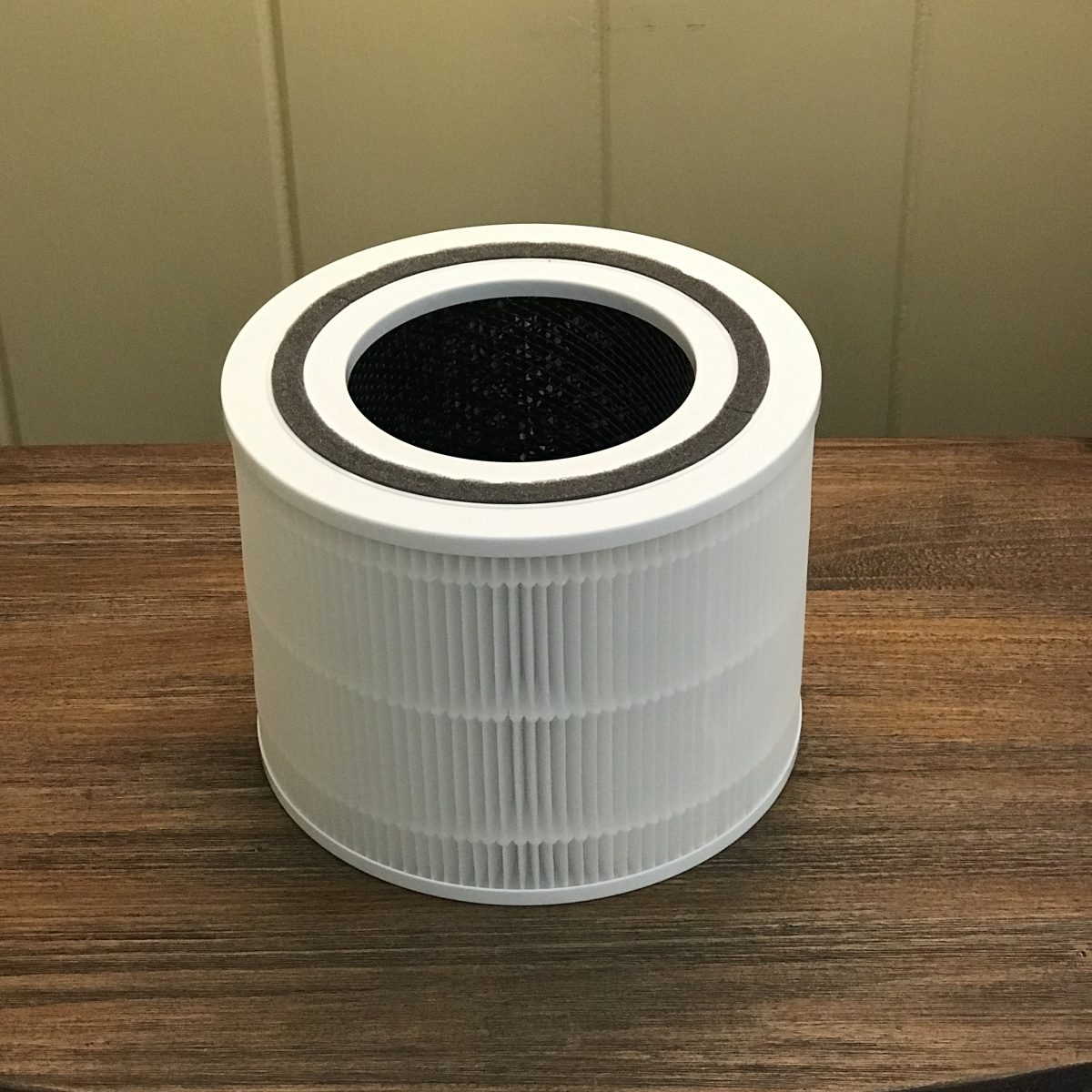Air filters, like the ones in air conditioning units and air purifiers, remove contaminants from the air so that you are able to breathe easier. Filters vary in how much of those pollutants can be removed, and what size particles can be filtered out.
It’s important to make informed purchases when buying air filters and filtration devices, so that you know the air you’re breathing is as clean as possible. This is especially important as inside air has been shown to often be dirtier than the air outdoors. Having clean air free of most contaminants has several positive health benefits as it may take stress off of your lungs.
Understand Your Needs
First off, what device are you buying an air filter for? HVAC filters are different than filters in air purifiers.
Next, consider the various needs and specifications that a filter should have. Do you or someone in your home have serious allergies to dust or pet hair? Is someone in your household a smoker? Or do you simply want cleaner air?
If you need a HVAC filter that removes common allergens, just about any filter will do. However, many smaller particles will still get through these filters.
If you live in a heavily-polluted city and smoke or smog is the primary contaminant that you need filtered from your air, the Honeywell Superior Household Air Filter is a great choice. There are several different options for your needs and budget.
Types of HVAC Air Filters
Here are seven of the most common types of air filters you can find in home HVAC systems:
- HEPA filters
- UV light filters
- Electrostatic filters
- Washable filters
- Media filters
- Spun glass filters
- Pleated filters
The U.S. Department of Health recommends HEPA filters, as they are able to stop over 99.9% of contaminants. HEPA filters stop a wide range of allergens and provide the highest level of protection for your home compared to the other types of filters listed above. HEPA filters have a minimum efficiency reporting value (MERV) score of 16, the highest in the scale. HEPA filters are especially beneficial for those who suffer from allergies, asthma or otherwise have trouble breathing.
To remove bacteria, viruses and germs from the air, UV filters are the best option. These filters use UV light to kill bacteria and other harmful microorganisms. However, these filters may miss larger particles like dust and dirt, so they are not recommended for those who have sensitive respiratory systems.
Air Purifiers
Air purifiers are a great way to supplement the filtration power of your HVAC filter. Some particles may get through the filter that could be stopped by an air purifier. These purifiers use a wide variety of filters, some of which are more equipped to stop smaller particles.
HEPA filters are the most common and are very effective at stopping most air contaminants. Other common filters are activated carbon filters and pre-filters, which remove large particles from the air before sending the air to the primary filters. We recommend for best results an air purifier that has all three of these filters mentioned.

